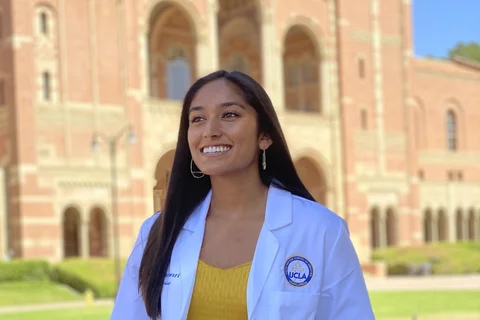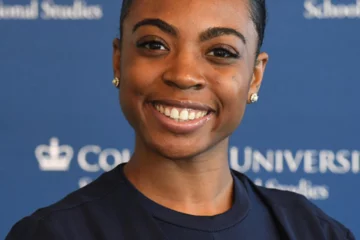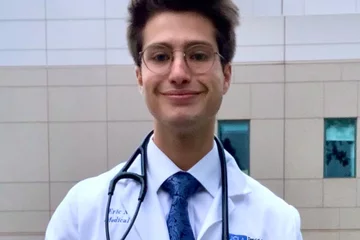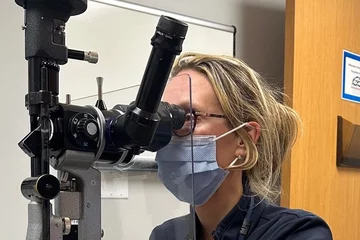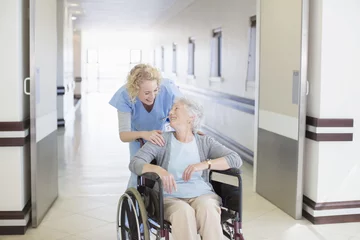Kajol Maheshwari had just started thinking about college when a prestigious United States military academy approached her about running for their track team. The idea of continuing her education through the military intrigued her.
“It was a whole different world than I had ever considered,” Kajol says. “I didn’t know anyone in the military, and I was scared my personality would not fit the stereotype I had in my head.”
Eager to explore the unexpected opportunity, she visited West Point. Her touring experience simplified her decision.
“While I was on my visit, I was amazed how much the school’s values aligned with my values and also how they were tied into the culture,” she says, remembering how she’d observed that students leave their backpacks in the hallway instead of using lockers like many other schools.
She asked her guide if students ever worried about theft. The response was simple, yet spoke volumes about the school’s mores. At West Point, people don’t steal; that just wouldn’t align with the culture.
“I felt a strong pull to go to West Point. I didn’t know exactly what I wanted to do with my life at the time, but I felt like going there would put me on the path to doing something good."
Fun fact about Kajol: She's an avid intramural sports player, mainly playing flag-football and softball.
Training to be a military doctor
Kajol’s West Point experience affirmed she’d made the right choice.
“I was thrown into this world that I knew nothing about, but I had a great time and met amazing people,” she says.
After graduation, she faced another choice that would deeply affect her future medical career and her future in general. She could...
A) Join the Army, serve 5 years in a non-medical capacity, and then consider pursuing medical school.
B) Finish medical school on a military scholarship and then complete her military service.
She chose option B and the David Geffen School of Medicine at UCLA (DGSOM) as her school. After medical school, she’ll complete her residency on a military base and then serve as a military doctor for 9 years. In total, she’ll be in the military for about 12 years following her medical school graduation in 2024.
Unintimidated by the time commitment, Kajol looks forward to military service and feels reassured by all the amazing people she’s met in the military and the sense of purpose she feels as part of that community.
Furthermore, she says her military experience prepared her to persevere through med school’s rigors.
“We’re taught to roll with the punches and get used to waking up early,” she says, explaining that she actually gets more sleep and has more free time in medical school than she did during her pre med studies and training at West Point.
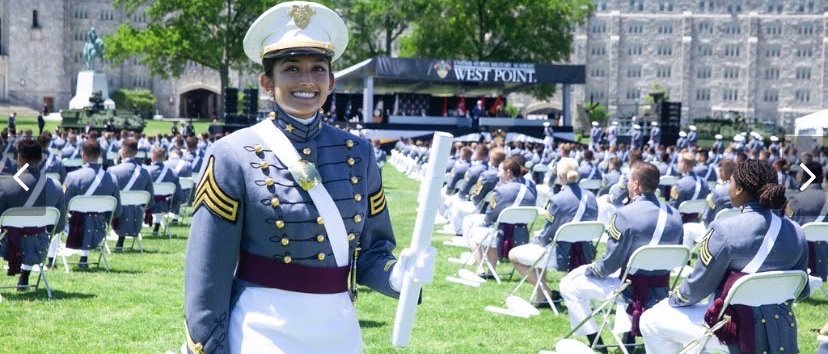
Knowing she’ll be returning to the military after earning her med degree, Kajol appreciates experiences that help her bridge gaps between the two radically different worlds she belongs to. During med school, she participated in officer training courses, rotations at Walter Reed National Military Medical Center, and also psychiatry rotations at the West Los Angeles Veterans Affairs (VA) Medical Center.
“I think psychiatry in particular can be really different in the military than it is in the outside world, with the prevalence of PTSD and substance use disorders, for example,” she says, adding that she feels fortunate to observe the care veterans and retired soldiers receive after they leave an active-duty base.
She also stays active in the military community by coordinating the Military and Student Veteran Network at UCLA-DGSOM alongside veteran Nam Yong Cho. It’s important to her to support people who may be interested in following her course—finishing medical school and then practicing medicine in the military.
She says the inverse path is more common: Most people come into medical school with prior military experience and then practice in the civilian world. She hopes to leverage her experience to help others navigate this less-traveled path.
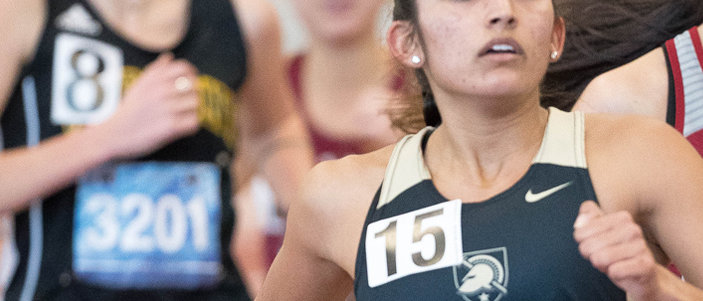
Running for passion and for purpose
To Kajol, running is more than a hobby. She fell in love with it in sixth grade, when she realized her favorite part about playing soccer—and her biggest strength as a player—was running back and forth.
“Running has always been a huge part of my life. I’ve done it since I was a little kid and it completely changed the trajectory of my life.”
Running track and cross country is the reason she found her way to West Point and the military. It also helped seed her dream of becoming a doctor.
Growing up, she envisioned herself having a job that would help people. An interest in running, sports, and the human body helped that vision become more specific.
“I was always injured, so I was fascinated by how the human body worked and always thinking of ways learning about it could help me run better,” she says. “Medicine just seemed like a natural course for me.”
Running has also helped her make connections throughout her life. In high school, it helped her make friends after moving to different schools. In college, it helped give her a sense of purpose. In medical school, it helped her find community during the isolating COVID-19 pandemic.
“When we first got to med school, it was really difficult for our class to bond because it was during COVID.”
Kajol co-ran a workout group that encouraged her classmates to exercise, but more importantly, connect with each other.
She acknowledges she has a sometimes love-hate relationship with running, which can be painful at times for even the most avid runners. Ultimately, the love is stronger.
“It has given me so much in life—friends, self-confidence, and so many opportunities from West Point to medical school.”
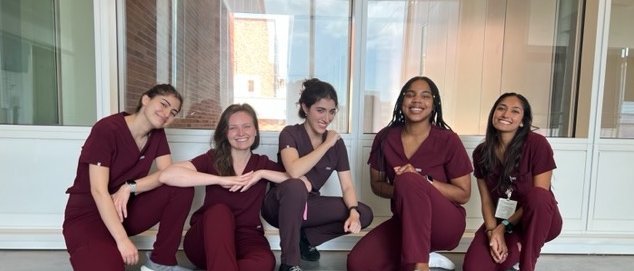
Small but powerful patient connections
Kajol, who hopes to be an internal medicine doctor, says medical school has helped her reconnect with the reasons she wanted to become a doctor originally and also discover new reasons to love the calling she’s chosen. Her most powerful memories revolve around patient connections.
“Now that I’ve been in the hospitals, I realize how special it is to have a job that’s so intrinsically rewarding. I feel so grateful to help people and make connections with patients every single day.”
She recalls being on a pediatric rotation and meeting a teenager recently diagnosed with diabetes.
“It was very scary for her,” Kajol says. “She didn’t know how she was going to face this life-altering change.”
Kajol sat with her teenage patient for hours, helping her calculate how much insulin she would need and also find sugar-tracking apps. When Kajol’s rotation ended, the patient gave her a warm thank-you and goodbye. She couldn’t imagine how she would have gotten through her diagnosis without Kajol’s support.
“At the time, I didn’t know a lot about the science of the thing, but it’s really the connection that can make a huge difference,” she says.
“Sometimes your short interactions with someone can have a long-lasting impact.”
